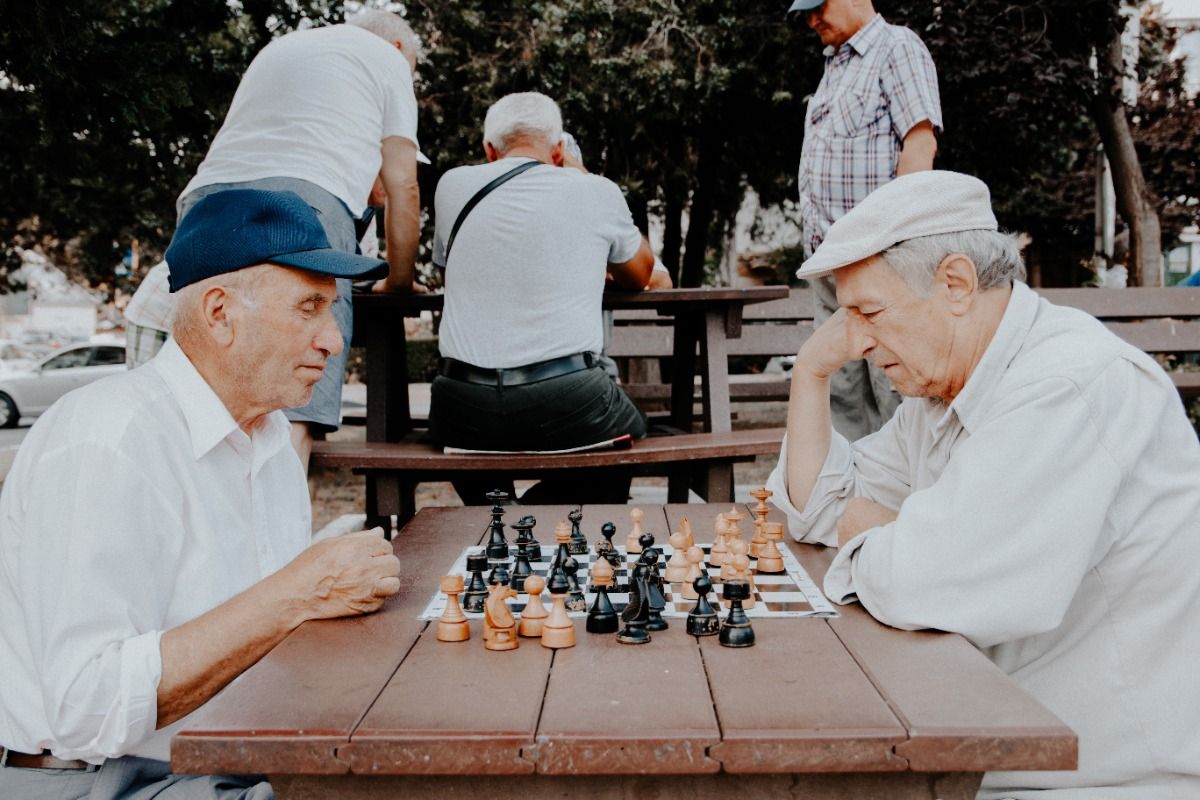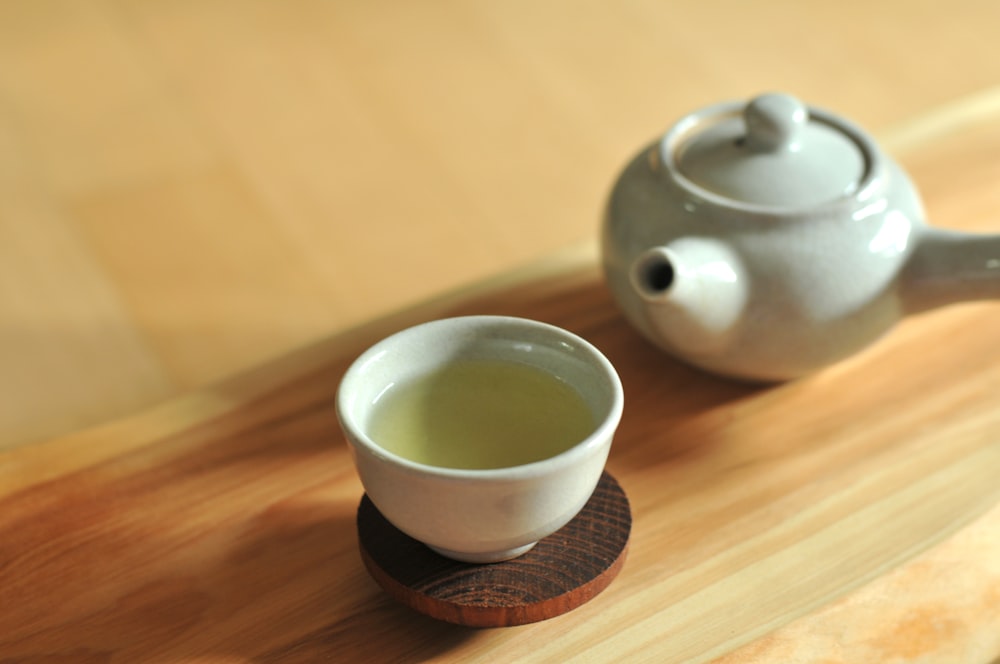
World Alzheimer’s Day is on September 21st. It’s a day focused on the goal of raising awareness about Alzheimer’s disease.
Alzheimer’s disease is a progressive, neurodegenerative disease where brain cells become damaged and the brain’s nerve cells begin to die. Toxic plaques made by amyloid-beta and other proteins accumulate, which impairs one’s memories, cognitive thinking, and behaviour.
Alzheimer’s is the most common form of dementia.
According to the NIH (National Institute on Aging) a genetic mutation can cause early-onset Alzheimer’s. In late-onset Alzheimer’s, a variant of the APOE gene increases one’s risk of developing brain disease.
On World Alzheimer’s Day, organizations aim to spread the word about the nature of the disease, the impact it has on loved ones, preventative measures, risk factors, and how to challenge the stigma associated with Alzheimer’s disease.
How To Participate in World Alzheimer’s Day
The first lesson in supporting people with Alzheimer’s disease is to think about how we interact with patients of this disease. It’s important to stand up for people who cannot advocate for themselves, support them, and treat them with respect. When communicating with someone who has Alzheimer’s disease, we must be respectful yet alzunderstanding:
- Don’t use condescending language such as, “good girl” or use childish tones. Treat the patient like an adult.
- When you’re with the patient, don’t talk about them as if they weren’t around.
- Watch for your nonverbal language. Make sure your body language is relaxed, and connect with them with eye contact, a smile, or a gentle touch.
- Be patient; they’ve likely been interrupted enough already.
- It’s okay if you’ve heard the same story before; it’s important to them!
- Use visual cues, such as showing them something, if they can’t find the words.
- Comfort them when life gets too frustrating.
If you’re close to someone with Alzheimer’s disease, there are books and puzzles you can buy that are designed for their specific condition. These provide necessary brain stimulation, which may help slow cognitive decline. Help your affected family members stay active and connected.
Events, Activities, and Online Awareness
If you want to get involved and participate in World Alzheimer’s Day, find out which events and activities you can participate in. Your local Alzheimer’s association will likely be able to tell you which events you can be part of.
You can also participate in World Alzheimer’s Day through social media. Spreading awareness about Alzheimer’s online, through your social networks, is a great way to honor World Alzheimer’s Day. Through online platforms, you can spread awareness by educating others about this disease, sharing preventative health tips, and using the associated hashtags. Campaign hashtags for online awareness include #KnowDementia and #KnowAlzheimers.

What Can We Do To Prevent Alzheimer’s Disease?
Developing Alzheimer’s disease is a frightening experience, no matter how much we love the person who has it. Prevention is better than any treatment or cure, so it should be our top focus.
Lifestyle Choices
Sleep hygiene is our first step to reducing our risk of Alzheimer’s disease. As Dale Bredesen, author of The End of Alzheimer’s, explains, even cases of subjective or mild cognitive impairment (SCI or MCI) can turn around by improving sleep patterns and sleep quality.
Another healthy lifestyle choice we can make now is regular exercise, which could reduce your risk of Alzheimer’s disease by up to 40%. Lactic acid (yes, the substance responsible for the “burn”) and ketones, made to boost available energy, can both travel to the brain and enhance brain-derived neurotrophic factor (BDNF) production. As its name describes it, BDNF promotes the growth of new neurons.
Following a Mediterranean dietary pattern has been linked over and over to a lower risk of chronic disease, and Alzheimer’s is no exception. Studies show improved cognitive test scores and a smaller risk of Alzheimer’s disease, thanks to the anti-inflammatory and antioxidant nutrients that this diet is known for. These, including omega-3 fatty acids from oily fish and seeds, and polyphenol antioxidants from berries and other sources, provide direct protection against cellular damage.
Prevent Vitamin Deficiencies
It’s also important to look at possible nutrient deficiencies that may affect our neurotransmitter production. Vitamin B6, B9 (folate) and B12 are cofactors of the methylation cycle, allowing for the generation of neurotransmitters such as serotonin and dopamine. This keeps levels of the toxic homocysteine down, which increases inflammation and causes dysfunction. A case-control study found that being in the lowest of three categories for folate levels was linked to triple the risk of both MCI and Alzheimer’s disease. Having homocysteine levels in the highest of three categories was associated with similar risk increases too.
Additionally, vitamin B5 deficiency can contribute to Alzheimer’s disease risk, and even be the sole cause of dementia if it is severe enough. Vitamin B5 is essential for acetylcholine production, a neurotransmitter involved in cognitive function, along with acetyl CoA, part of the cellular energy production pathways. We also need B5 as part of myelin’s fatty-acyl groups that it uses to insulate our neurons.
Sex Hormone Replacement
If you’re approaching menopause, bioidentical hormone replacement therapy (BHRT) may be right for you. Research shows that prevention is best when it comes to using any form of HRT for Alzheimer’s disease. Women who begin HRT when menopause hits are much more likely to see positive results, as less (if any) neurons have died off from lack of support by sex hormones.

Nootropic Supplements
Certain nootropic (neuron-supporting) supplements can help to protect and improve your cognitive functions. Green tea extract with extra L-theanine, a non-nutritional amino acid, can increase theta brain waves along with memory and verbal skills. As it is rich in antioxidants, green tea can provide you with cellular-protective effects.
Some types of ginseng may be useful for you, too. Korean ginseng (Panax ginseng) taken for 12 weeks shows significant benefits in improving cognitive test scores, as well as alpha brain wave levels. These create a state of being alert, yet relaxed. American ginseng (P. quinquefolium) can improve working memory and reaction times, while helping you to feel calmer.
New Therapies
What if someone you love already has Alzheimer’s disease or MCI? Early treatment is always the best option, but there are some newer, more natural therapies that target the root causes of the disease.
One treatment that has just become available is AMBAR, a plasmapheresis protocol that removes amyloid proteins from the brain before they can accumulate into plaques. In clinical studies, it stabilized mild Alzheimer’s disease and slowed disease progression by two-thirds in moderate cases. As of August 2021, it is only available in Barcelona, so you’d need to make a trip across the Atlantic.
Something more close to home is the Bredesen protocol, a comprehensive plan tailored to your individual needs. It centers around a healthy, modified ketogenic diet, which is preferably organic to reduce your exposure to brain-busting toxins; regular physical activity; improved stress management and appropriate, targeted supplements. These can include B vitamins, nootropic herbs and BHRT, much like our prevention tips above. On the 17th of August, 2021, Dr. Bredesen’s new book, The First Survivors of Alzheimer’s, became available so you can see how his patients did it and get inspired.
Your Prevention Plan
On World Alzheimer’s Day, we must think about how to support those with the disease, while also thinking about preventative measures for ourselves. While prevention is far better than a cure, the right path depends on your individual needs.
Among many other health reports, a CircleDNA test can test your DNA for the gene mutation that causes Alzheimers, and inform you if you are at risk for developing Alzheimer’s. If you find out that you have this gene mutation, that’s not a guarantee that you will get Alzheimer’s. It is, however, a clear sign that you may want to make some lifestyle changes to help reduce your risk of Alzheimer’s disease.







Comments are closed.